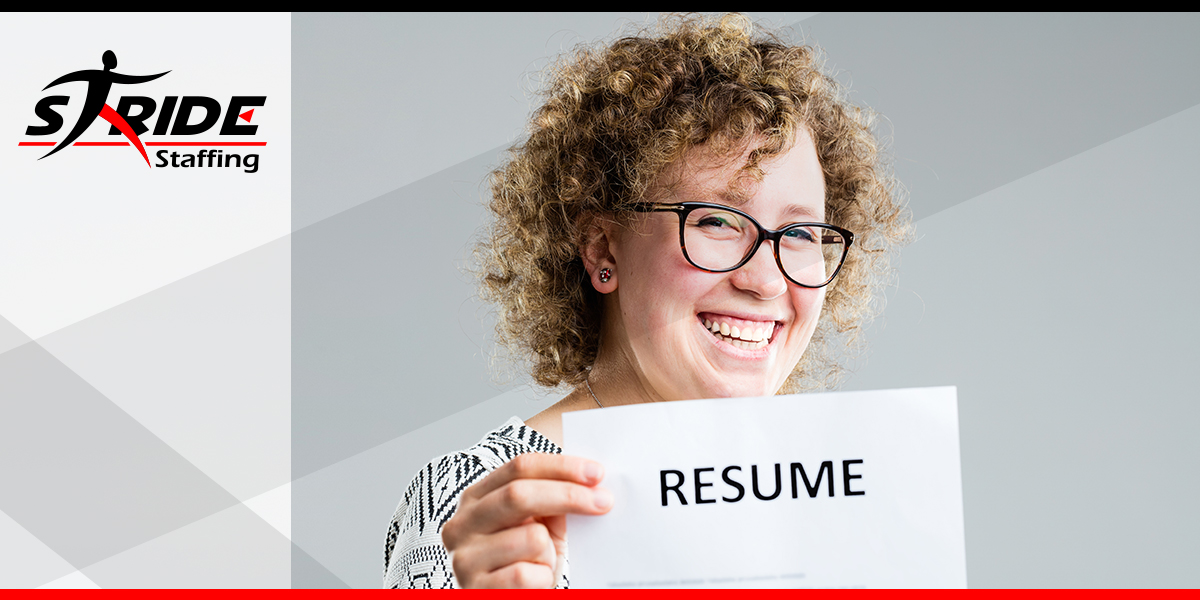A poorly written and improperly structured resume could eliminate you from consideration for the position you’ve been hoping to land. Recruiters and hiring managers don’t have the time to completely read every resume during the first round, so they scan through them. And if your resume is not easy to read and follow, it could be rejected immediately and never make it to round two.
There are different ways to format your resume, and the format you choose will depend on where you are in your career. For instance, if you’re a recent college grad, you will highlight your academic accomplishments. If you have gaps in your employment history, you’ll focus on your skills to draw less attention to those gaps.
Of course, having the right credentials for a job opening is critical. But the importance of creating a resume with a solid structure cannot be minimized. Here are some ideas.
1. Make it readable
Since your resume will likely be scanned the first time, make sure it’s easy to read. Use a standard font—Arial or Helvetica—and stay at 10 or 12 point. Use italic and bold typeface where it’s needed to guide the reader’s eye, and use bullet points to call attention to your qualifications and accomplishments.
2. Choose a format and tailor it to the industry in which you’re applying
The chronological format is the one most people use. It lists a reverse chronology of your work history. In other words, your latest job is first on the list. A functional format lists your skills instead of dates of employment. A combined format lists your skills with your employment history below them.
3. Choose accomplishments over a job description
Companies are looking for candidates that can help them solve their problems. Show them how you can do that by focusing on how you solved similar problems in your former jobs. Explain to the hiring manager what you did in the job, not just what the job was about. A short job description should be followed by a list of what you accomplished in the job.
4. Emphasize your work experience
Unless you have recently graduated from college, list your job title, company, and dates of employment under the “Work Experience” section near the top. List your accomplishments and responsibilities for each job using bullet points instead of paragraphs.
List your education at the bottom. If you have previous work experience, you can omit GPA’s and any honors you received since the main thrust of your resume is your work experience, skills, and accomplishments.
5. Have a “Career Summary” instead of “Objectives”
Objectives tend to sound the same: “I’m looking for a challenging position where I can use my skills…” But a Career Summary can grab their attention by telling them what you have already done and how your accomplishments show that you will be able to meet their needs.
Need help with your resume?
Having an attention-grabbing resume is critical to landing your next job. We can help. Contact us today to learn more or search for a job.



